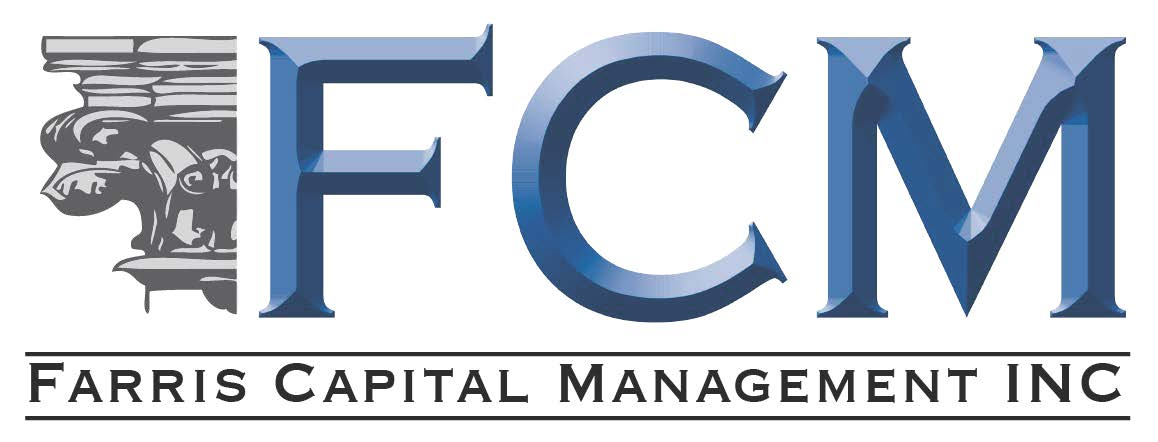
Roth IRA conversions have been an opportunity to unlock long term value. However, given the current market declines and the possibility of tax rate increases to pay for years of government benefit programs, 2022 may be a particularly wise year to consider a conversion. There are a number of reasons to consider pursuing, but most commonly Roth conversions can be an excellent way to reduce tax liability in retirement. However, a conversion is recorded as taxable income and it is necessary to take careful measures to avoid unexpectedly incurring a substantial tax liability.
The mechanics of a Roth IRA conversion
To understand how a Roth conversion works, it’s necessary to be familiar with both traditional and Roth retirement accounts. With a traditional IRA, your contributions are typically tax deductible, but any future withdrawals are subject to ordinary income tax. On the other hand, with a Roth IRA, you deposit funds that have already been taxed, making the money you later withdraw in retirement tax-free.
A Roth conversion is the process of transferring assets from a traditional retirement account to a Roth retirement account, allowing you to pay income tax up front and withdraw the funds at a future date free of tax.
While Roth IRA contributions are still subject to certain restrictions and income limitations, there are none for facilitating Roth conversions. As of 2010, all income earners are eligible. Prior to 2010, if you earned 100,000 or more in income a Roth conversion was off the table.
Why convert to a Roth IRA?
Compared to traditional IRAs, Roth IRAs offer a number of advantages:
No Required Minimum Distributions (RMDs) – unlike traditional IRA accounts, Roth IRA accounts are NOT subject to RMDs. You can choose to continue to leave assets in the Roth IRA, investing tax-free for your later years.
Tax-Free Growth – all investments in the account grow free from taxation.
Tax-Free Withdrawals – after age 59 ½ you can generally make withdrawals without any tax consequence or penalty.
Social Security and Medicare efficiencies – doing a Roth IRA conversion before claiming Social Security and Medicare is beneficial, because future distributions from Roth IRAs won’t impact the tax implications of Social Security and Medicare. In addition, Medicare Part B premiums can be affected by your income. If your Modified Adjusted Gross Income (MAGI) from your tax return is higher than certain limits, you could be charged extra premiums that increase your total cost.
Prior to converting, you should consider the following questions:
Will you need funds from the Roth IRA in 5 years or less?
There’s a 5-year holding period on withdrawals of funds from a Roth conversion. If you anticipate needing the money sooner than that, you risk having to pay a 10% penalty on the amount withdrawn.
Will the conversion cause you to be taxed at a higher bracket?
Most likely all of the funds you convert would be considered taxable income. If you’re on the verge of the next tax bracket, there’s a chance you’ll get bumped up in the year you convert. To avoid paying taxes at a higher rate and to avoid having to pay the full amount in one year, you might want to convert only a portion of your traditional IRA over a few years and to spread out the taxes related to the conversion as well.
When To Convert
The question of when to convert an IRA to a Roth is complex and very individual. A few factors to consider when a Roth conversion might be beneficial are noted below:
(1) It may be advantageous to take advantage of decreased values and convert shares at lower prices when the market has had a hard year. If you convert a set amount of shares, your taxable income on the conversion will be smaller, and when the market rebounds, those shares transferred to the Roth will rise and give long-term tax-free growth as opposed to tax deferral in a Traditional IRA.
(2) Converting assets early in retirement before you face required minimum distributions (RMDs) can reduce those RMDs and the risk that they will increase your tax rate and Medicare premiums down the road. There is a sweet spot for conversions after retirement but prior to receiving Social Security benefits. As mentioned above, cutting your income through reduced RMDs will lower your taxable income and, in turn, lessen the likelihood that your taxation on Social Security benefits or Medicare surcharges will increase in the future.
(3) When your annual income is low or irregular, explore Roth conversions in low-income years. If you or your spouse spent part of the year unemployed or if you have a considerable one-time tax write off, also consider utilizing a conversion to increase your income at a lower tax bracket. While it can make sense to initiate a Roth IRA conversion when your income is down and you are in a lower tax bracket, be sure that you have enough cash on hand to pay the taxes that will be due on the amount you convert.
Where to get the money to pay potential tax on conversion?
In general, a conversion works best if you can pay taxes from a taxable account (checking, savings, or brokerage account). Selling assets in a taxable account may generate losses that can offset tax liabilities from a conversion. If selling generates realized gains it may be taxed at the long-term capital gains rate, which is typically lower than most ordinary income tax rates. If you’re considering this approach, make sure that you still have an adequate emergency fund and that hinder your financial flexibility.
Think about the repercussions before withdrawing money from your IRA to cover your tax liability. If you take money out of your IRA to cover the tax bill for the conversion, that withdrawal will be treated as a distribution and may increase your tax bill for the year. In addition, if you’re younger than age 59½ and you withdraw money from your IRA to pay conversion-related taxes, you could also face a 10% federal penalty on that withdrawal. In the long-term, those funds used to pay the tax will no longer grow tax-free in your IRA — which means less money when you need it in retirement.
The Last Word
When deciding whether or not a Roth conversion is a wise move for you, there are many factors to take into account. Unfortunately, it's difficult to provide a generic response to that question because the optimum Roth conversion approach requires careful examination of your expenditures, income, goals, and other factors. Let’s talk and see if a Roth conversion is right for you.

Stay In Touch